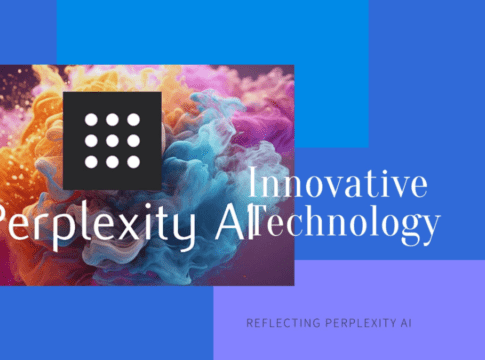In a dramatic clash between traditional media powerhouses and rising tech innovators, The Wall Street Journal and the New York Post have launched a lawsuit against the rapidly growing AI startup, Perplexity AI. Filed in a federal court in New York, this legal battle highlights the intense friction between conventional content creators and modern AI-driven platforms. The court’s verdict in this case may lay the foundations for the future of AI and Media interactions.
Perplexity AI, heralded as a potential Google disruptor, has been accused of substantial copyright infringement and trademark violations. The lawsuit alleges that Perplexity’s AI-powered “answer engine” has been siphoning protected content from both The Wall Street Journal and the New York Post, thereby diverting readers and revenue away from these established publications.
Unlike other AI platforms such as ChatGPT or Anthropic’s Claude, Perplexity delivers concise, up-to-date responses complete with source links. However, this feature, which eschews traditional click-throughs, is at the heart of the lawsuit’s claims of “massive freeriding.”
News Corp, the parent company of the plaintiffs, claims that Perplexity’s approach undermines the very monetization strategies that sustain journalism. Despite a similar dispute with OpenAI being resolved through a partnership, Perplexity has not yet taken steps to forge such alliances, according to the suit.
Interestingly, Perplexity is backed by influential figures like Amazon’s Jeff Bezos and tech giant Nvidia, adding a layer of complexity to the unfolding drama. Aravind Srinivas, CEO of Perplexity, expressed surprise at the lawsuit during a recent tech conference, conveying his willingness to negotiate commercial agreements that could benefit both parties.
Srinivas criticized existing search engine models, emphasizing a vision for Perplexity that involves sharing advertising revenue with content creators, akin to Spotify’s model with artists. “A thriving ecosystem of quality journalism is essential for our platform’s success,” Srinivas stated, outlining his hopes for a cooperative future.
This lawsuit also echoes a recent legal skirmish initiated by The New York Times against Perplexity, following their cease and desist order. With Perplexity processing an astonishing 350 million queries in September alone, its potential to handle half a billion daily queries by 2026 underscores the urgency and stakes of this legal challenge.
As the lawsuit progresses, it serves as a pivotal test case in the ongoing dialogue between the media and technology sectors. The outcome could reshape content sharing and monetization models in the digital age, setting precedents for how AI platforms interact with traditional media sources.
In this rapidly evolving landscape, where innovation often outpaces regulation, both technology companies and media entities must navigate these uncharted waters. The stakes are high, and the implications of this case will likely reverberate across the industry, influencing future collaborations and the very nature of information dissemination.



